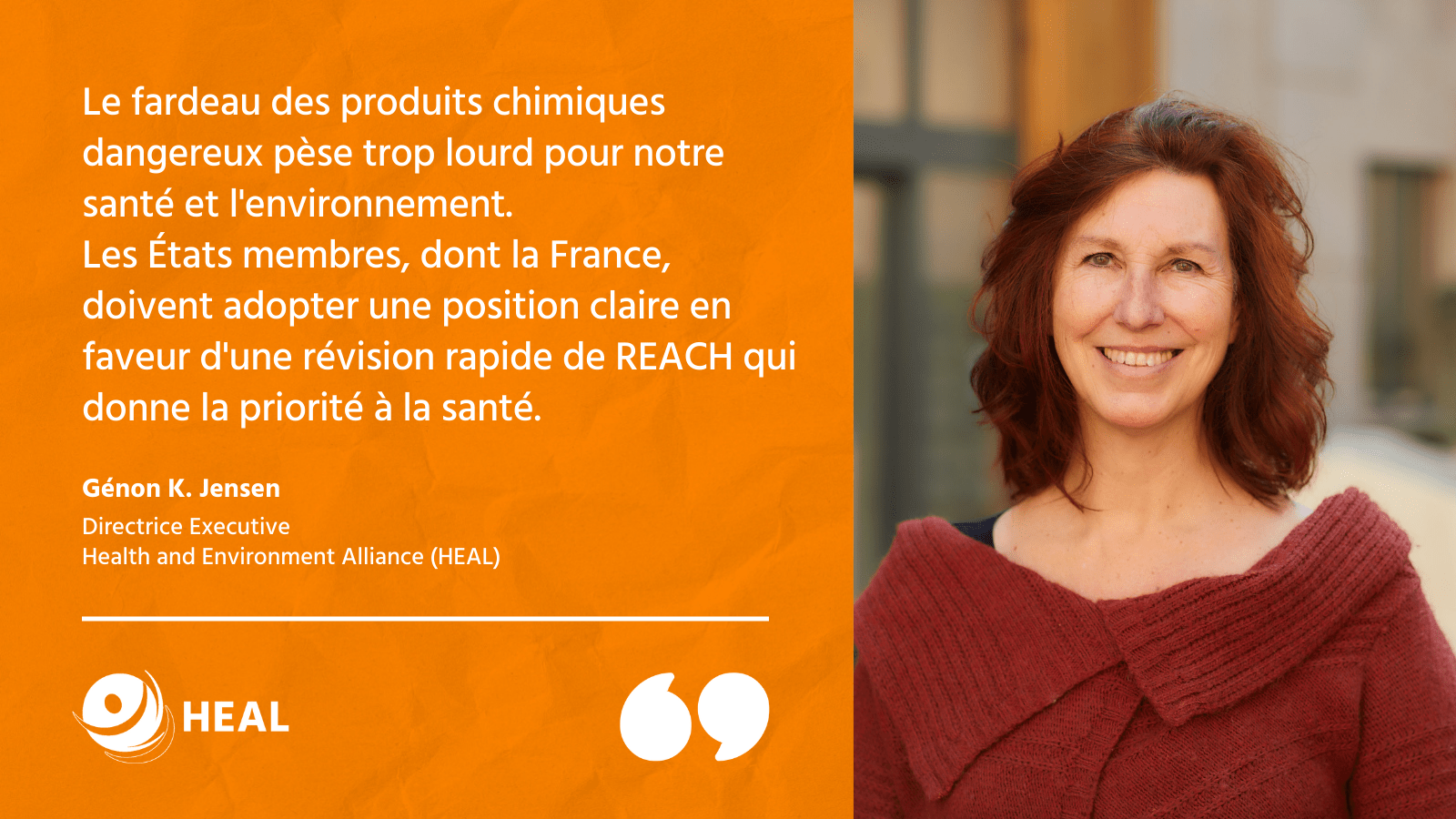Opinion: EU’s leaked strategic agenda makes zero mention of health
HEAL Director Génon K. Jensen writes for EUobserver on the importance to reflect the heavy toll climate change, biodiversity loss and pollution are taking on health in the EU Strategic Agenda 2024-2029 .









